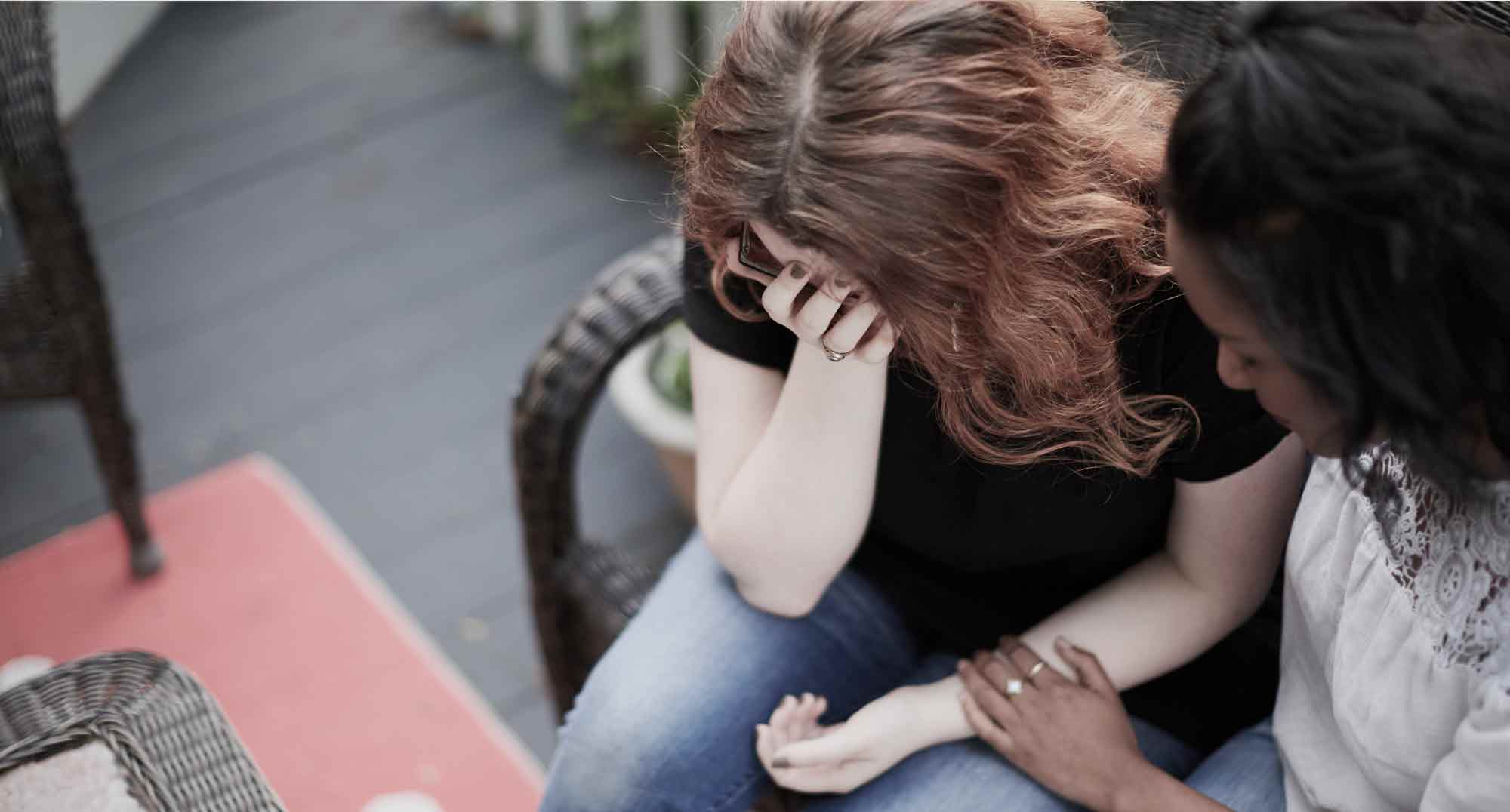Caregiving with Compassion and Respect: Learning from Jesus
ELIZABETH TURNAGE|CONTRIBUTOR When my dad’s cancer spread to his bones, and he became at risk for falls, my brother and I acted quickly. Out of concern for his safety, we helped him move from the home where he had lived alone for the past twenty years into a comfortable assisted living facility. My dad often half-jokingly referred to the assisted living facility as “Shawshank,” after the prison in the movie “The Shawshank Redemption.” To an introvert who had lived alone since his divorce forty-five years before, being suddenly surrounded by so many people probably did feel like imprisonment. Caring with Compassion and Respect Our story with my dad reveals a common caregiver struggle. As caregivers, we seek the safety of our loved one, and in so doing, we sometimes ignore or minimize their desires. In our commitment to safety, we can also make the mistake of treating adults as if they were children, unable to make wise decisions for themselves. Even when dementia or disease prevents our loved ones from thinking clearly, we still must care for them with compassion and respect. To learn how to navigate this challenging terrain, we must remain centered in Christ’s compassion. Learning from Christ’s Compassion As he cared for people, Christ showed compassion by looking at and for people, by asking good questions and listening to the answers, and by gently pointing people to the hope they had in him...



